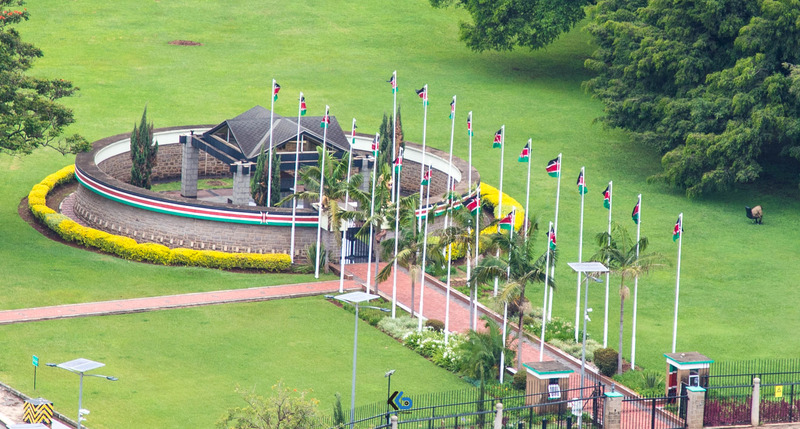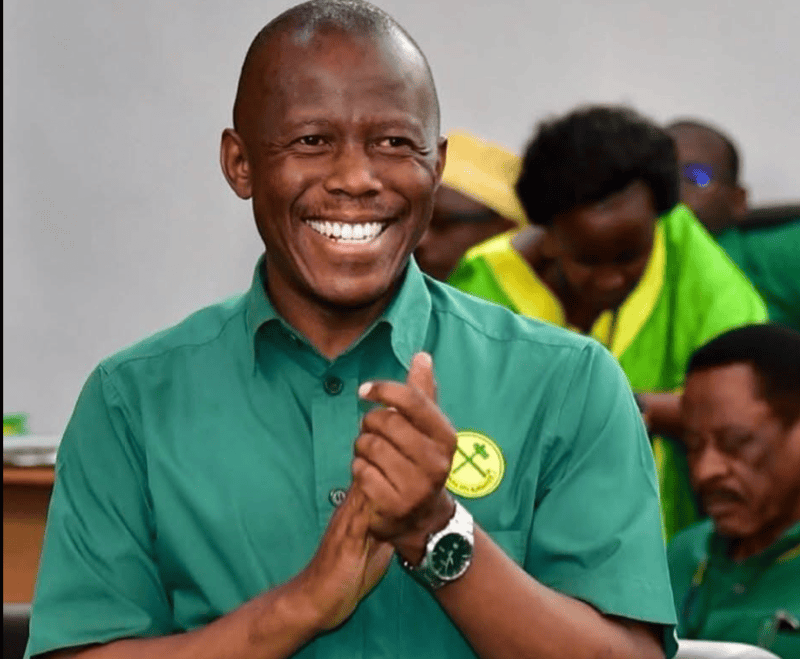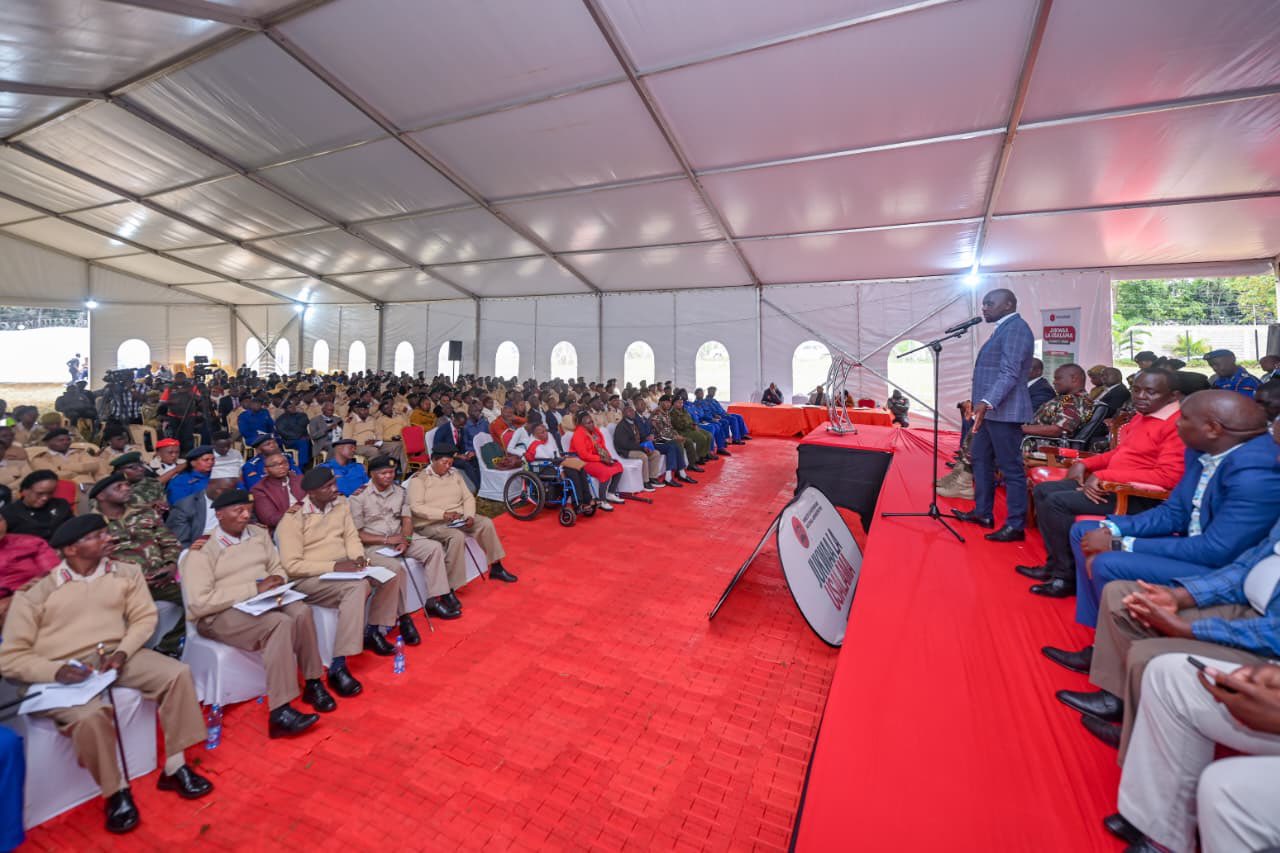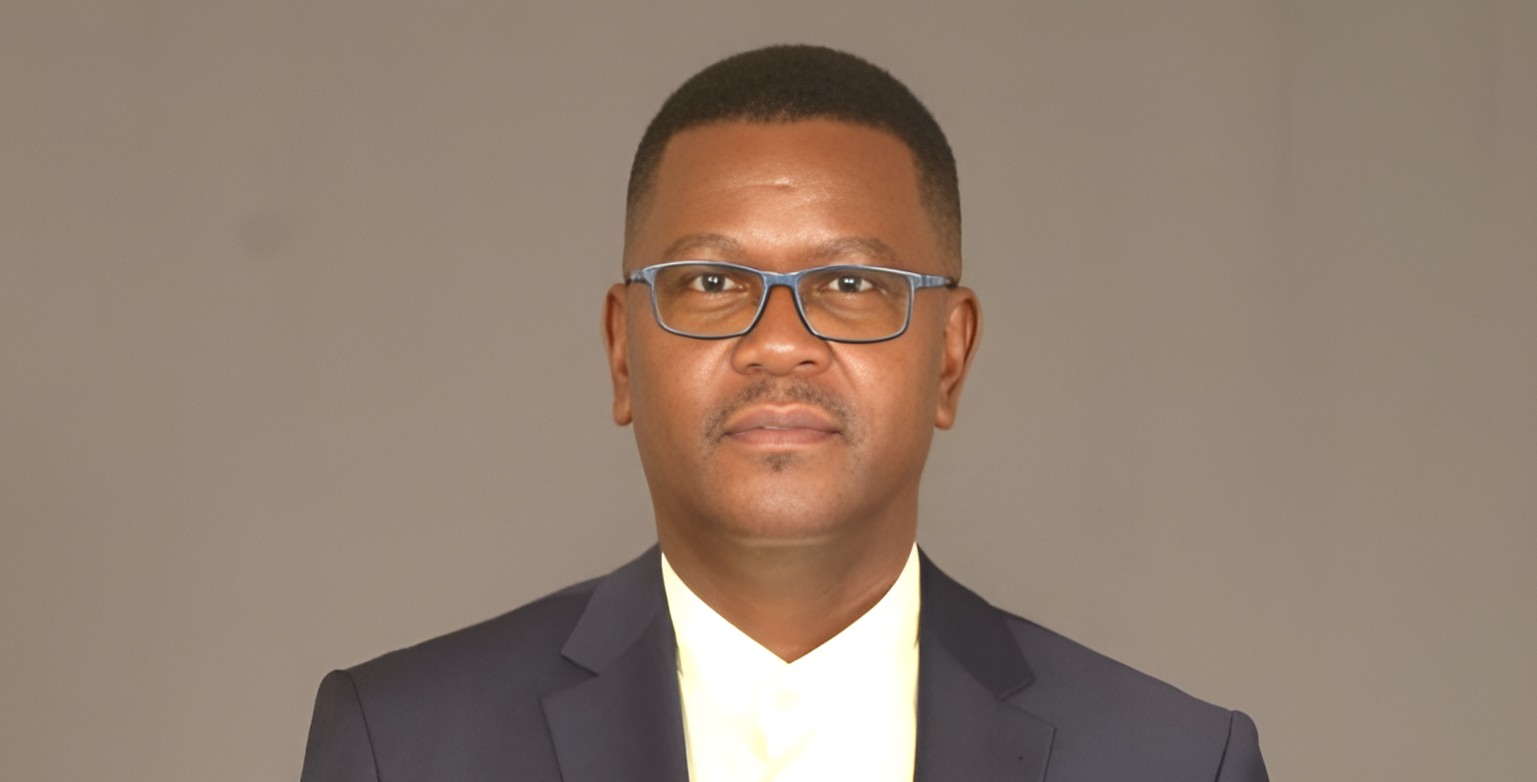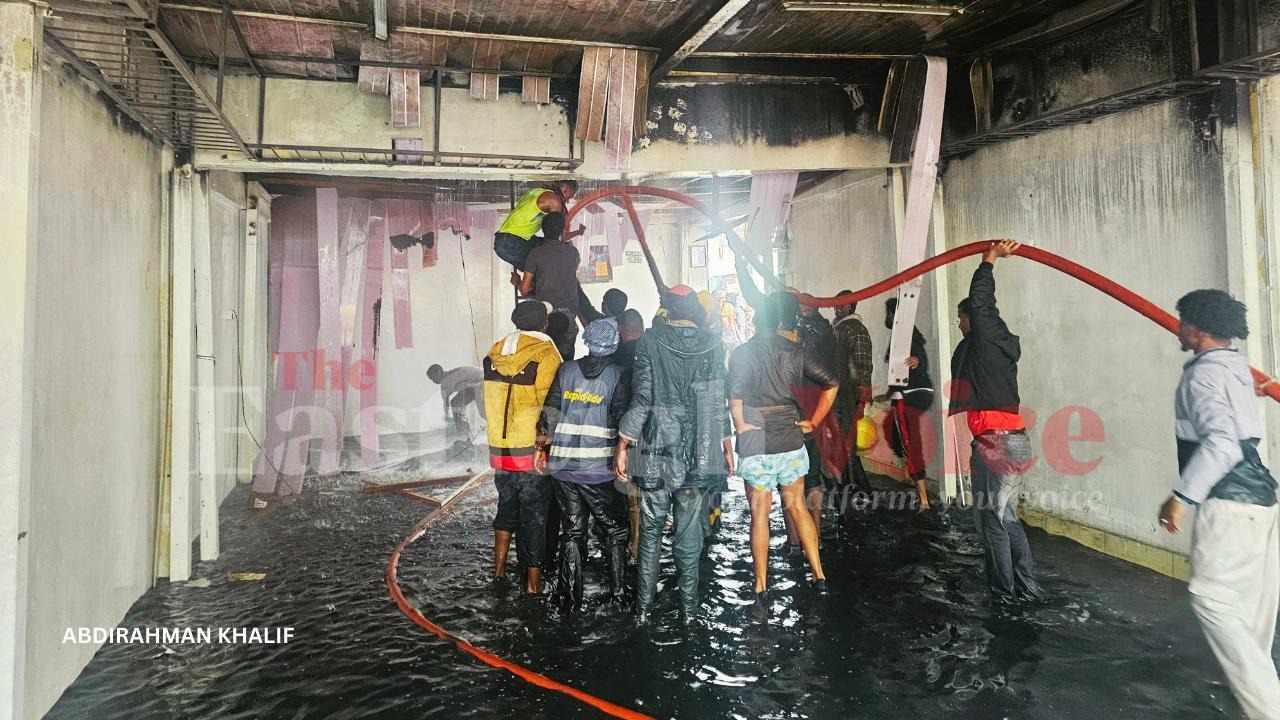KUSU blames government funding cuts for deepening crisis in public universities
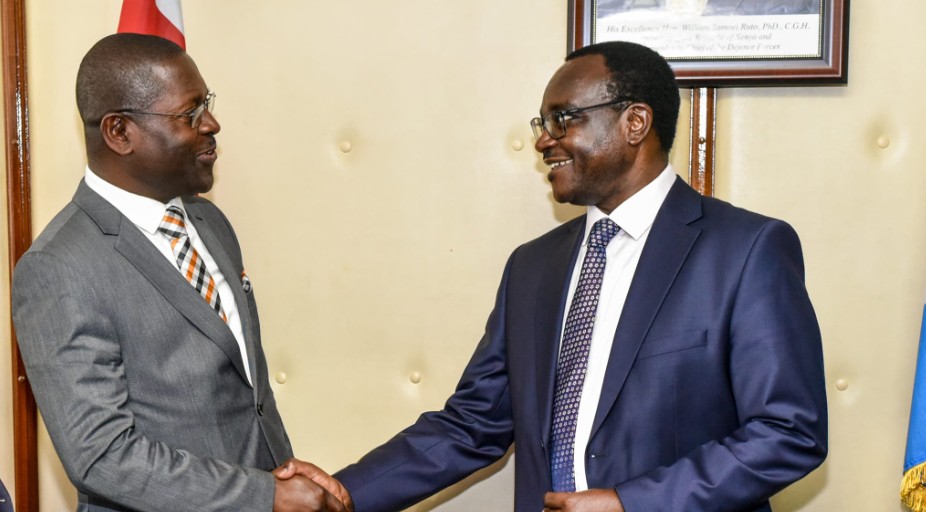
KUSU Secretary-General Charles Mukhwaya said the funding cuts have steadily worsened over time, leaving universities struggling to operate effectively and cope with the increasing demand for higher education.
The Kenya Universities Staff Union (KUSU) says public universities in Kenya are facing a serious financial crisis because government funding has been cut since 2016.
In an interview with Spice FM, KUSU Secretary-General, Dr Charles Mukhwaya, said that the funding cuts have steadily worsened over time, leaving universities struggling to operate effectively and cope with the increasing demand for higher education.
More To Read
- 12 public universities cannot account for land, assets worth Sh19.6 billion, audit reveals
- Government slashes university fees to ease financial burden
- Education CS Julius Ogamba announces major shake-up in public university leadership
- Public university staff unions accuse VCs of secretly restructuring jobs without consultation
- Kenya's public universities 'staring at collapse' without urgent reforms, PS warns
- Public universities directed to train teachers ahead of Grade 10 rollout
“The government, instead of increasing funding to our public universities, began by drastically reducing capitation. The most severe budget cuts started in 2016, and at the same time, the government also scrapped the Module II programs that were helping universities manage their budget shortfalls,” stated Mukhwaya.
"Where are the managers appointed to run these institutions supposed to get the money from? You cannot expect them to fund universities out of their own pockets."
Role of university education
Mukhwaya highlighted the critical role university education plays in national development, citing literacy levels and access to quality education as key indicators of a country's progress.
He warned that without deliberate and urgent steps by the government to reverse these funding cuts and restore financial stability, Kenya’s public universities risk being decimated.
Mukhwaya also accused the government of misleading universities for over 15 years, with appointed university councils tasked with managing scarce resources under difficult conditions.
"One of the major challenges our universities are facing today lies squarely with the government. These are state-run institutions, the government owns them and must take responsibility," said Mukhwaya.
“Our universities in this country are facing serious challenges, and if we don't, as a country, take deliberate steps, these universities are going to be decimated,” he added.
Fundamental pillar
He insisted that education is a fundamental pillar for any nation and noted that Kenya’s universities have long been respected across the region, attracting students from other countries.
Recently, UASU and KUSU called for the withdrawal of all dismissal letters issued to 900 Moi University employees, describing the layoffs as unprocedural and unfair.
The unions warned that the move risks crippling academic departments just as thousands of students are expected to report for the new semester, jeopardising both staff welfare and the quality of education.
Led by UASU Secretary-General Constantine Wasonga and KUSU's Mukhwaya, the unions accused the university of rendering well-trained and skilled workers jobless without engaging in meaningful consultation with their representative unions.
Wasonga demanded that the university revoke all redundancy letters and reinstate the affected workers, noting that Education Cabinet Secretary Julius Migos Ogamba had previously assured that no academic staff would be affected by any layoffs.
“We have professors, senior lecturers, and assistant lecturers being declared redundant while others remain. Students are still here, and we are informed that the number of students has increased. Who will teach them?” he asked.
He questioned the university’s criteria for declaring staff redundant, stressing the need for transparency and fairness in such a significant restructuring process.
Wasonga pointed out that it was absurd for the university to undertake mass dismissals at a time when thousands of students from across the country are set to join Moi University in September.
Left without lecturers
He expressed concern that several departments have been left without lecturers, while others are now operating with skeletal staffing, a situation he said would directly impact students’ learning experience.
For instance, he highlighted the case of the Economics and Planning of Education department, where all lecturers, including long-serving faculty, have been dismissed.
“Who will teach the learners pursuing mandatory courses in Economics and Planning when most of the faculty have been dismissed? Those remaining do not specialise in these subjects. We will not allow our lecturers to be overworked. We demand that management withdraw the redundancy letters before the situation spirals out of control,” he warned.
Wasonga further revealed that the only lecturer handling German language studies had also been declared redundant, despite active student enrolment in the course. He added that nearly three schools offer French at the institution, yet only two lecturers remain to teach the language.
He urged the university to adhere to the required student-to-teacher ratio, cautioning that current staffing levels would force lecturers to handle more than three units per semester.
The unions also criticised the government for failing to hold university administrators accountable for financial mismanagement, arguing that workers were being punished for failures stemming from corruption and poor leadership.
Top Stories Today



